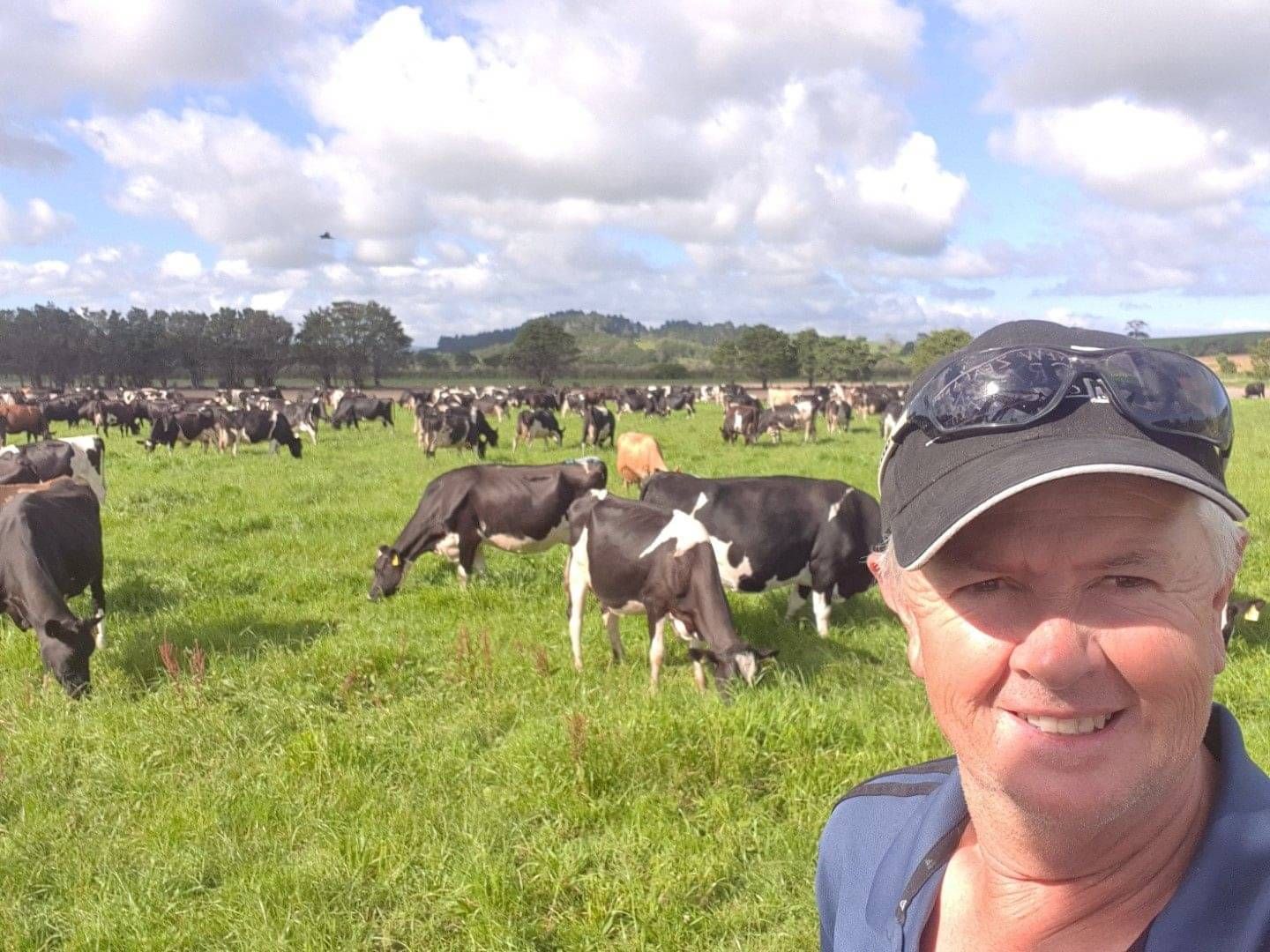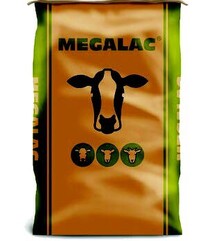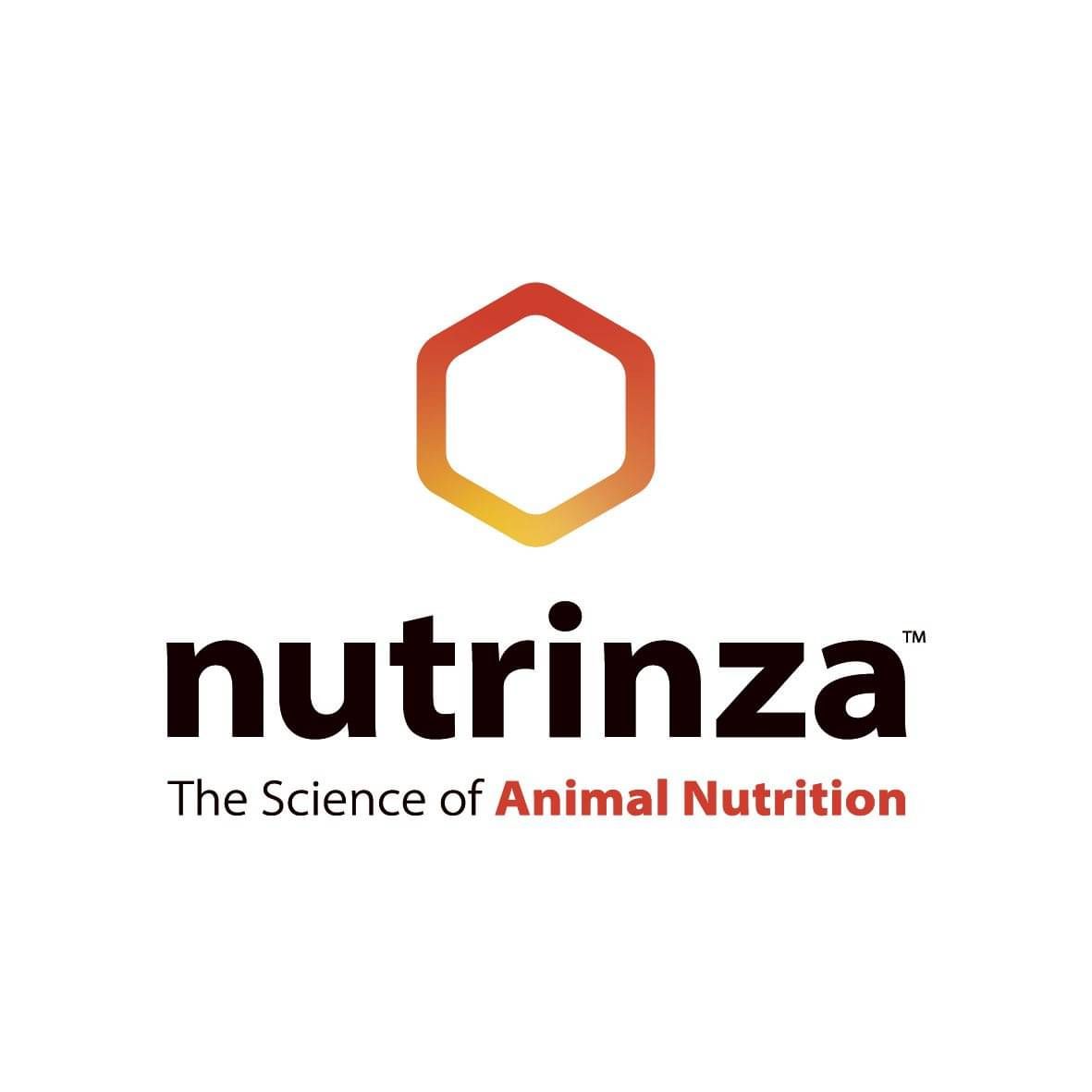Feed Additives
Megalac™
A highly-proven, rumen protected bypass fat, Megalac™ is a source of energy to support body condition, fertility and production. Megalac™ is a calcium salt of palm fatty acids.
Feeding Recommendations
Feed between 0.2 to 0.5 kg/c/d.
The product is available in blends. Also available direct to farm in 25 kg bags (1 tonne minimum delivery) or 800 kg bulk bags (1.6 tonne minimum delivery).
Note: Consult your milk supply company for FEI guidelines
Description
Megalac™ is a rumen-protected fat supplement which increases energy supply in diets without increasing the acid load in the rumen and risk of acidosiss, unlike starchy sources of energy such as cereals.
Megalac™ is an ideal supplement to increase energy supply in early lactation diets of cows and sheep and is well-proven to improve cow fertility.
Nutritional Benefits
High energy density
ME = 33.3 MJ/kg
DM 96% digestibility
Minimises Body Condition Loss •
Helps fill the energy gap of early lactation to minimise condition lost
Increases energy of diet without increasing acid load in the rumen
Bypass means it avoids disruption to fibre digesting bacteria in the rumen
Supports Fertility
Targeted energy improves fertility and in-calf outcomes
Increases follicle size to improve chances of pregnancy
Supports progesterone production to maintain early pregnancy
Increases Milk Production
18 studies show an average increase of +2.3 litres/cow/day when fed 500g Megalac per day
Improved feed efficiency from more energy dense feed
Over 13% less methane produced per kg milk = more efficient production
Feedback from our farmers
"We add 3.5% Megalac to our seasonal blend to assist with herd fertility. Because we calve three times a year, Megalac helps with our in-calf rate."
- Millbrook farms (Waipu farmer)

Want to find out more?
Contact your local TSR or the Nutrinza sales team.
Cattle Feed Storage on Farm
As with any grain or meal feed products need to be kept dry as moisture combined with heat can cause fungi to grow. Common on farm storage methods are: in a shed or unused fertiliser bin; in a covered pit; on a concrete pad; or in a cutting, covered with plastic sheet and tyres. Most feed should be used reasonably expediently (within 40 - 50 days). The longer you plan to store feed products the better your storage facilities need to be.

